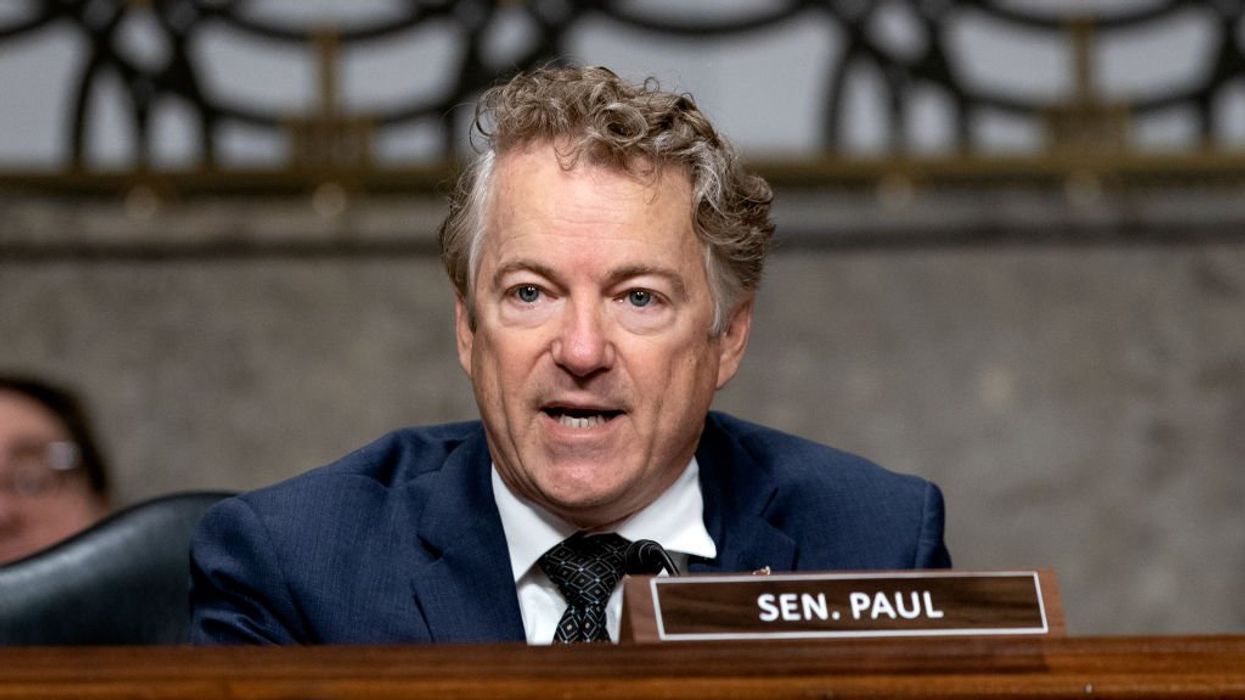
© 2024 Blaze Media LLC. All rights reserved.
While most would probably argue that prioritizing your child's future over a collectivist political agenda makes you a better parent, Slate's Allison Benedikt argues today that moving your kids from a failing public school to a successful private schools makes you something of a horrible person...
Benedikt writes (emphasis mine):
You are a bad person if you send your children to private school. Not bad like murderer bad—but bad like ruining-one-of-our-nation’s-most-essential-institutions-in-order-to-get-what’s-best-for-your-kid bad. So, pretty bad.
I am not an education policy wonk: I’m just judgmental. But it seems to me that if every single parent sent every single child to public school, public schools would improve. This would not happen immediately. It could take generations. Your children and grandchildren might get mediocre educations in the meantime, but it will be worth it, for the eventual common good. ...I believe in public education, but my district school really isn’t good! you might say. I understand. You want the best for your child, but your child doesn’t need it. If you can afford private school (even if affording means scrimping and saving, or taking out loans), chances are that your spawn will be perfectly fine at a crappy public school. She will have support at home (that’s you!) and all the advantages that go along with being a person whose family can pay for and cares about superior education—the exact kind of family that can help your crappy public school become less crappy. She may not learn as much or be as challenged, but take a deep breath and live with that...
Benedikt seems to agree with MSNBC's Melissa Harris-Perry: Children don't belong to families, they "belong to their communities." The progressive ideology demands that you bear more responsibility for the collective education of the community than for the educational enrichment of your own child.
Benedikt goes on to lament that her own public school education was less than stellar:
I went K–12 to a terrible public school. My high school didn’t offer AP classes, and in four years, I only had to read one book. There wasn’t even soccer... I left home woefully unprepared for college, and without that preparation, I left college without having learned much there either. You know all those important novels that everyone’s read? I haven’t. I know nothing about poetry, very little about art, and please don’t quiz me on the dates of the Civil War. I’m not proud of my ignorance. But guess what the horrible result is? I’m doing fine. I’m not saying it’s a good thing that I got a lame education. I’m saying that I survived it, and so will your child, who must endure having no AP calculus so that in 25 years there will be AP calculus for all.
What strikes me about her educational experience growing up is how similar it is to mine (although I will never complain about not having a soccer program at my school). Unlike Benedikts, I don't begrudge society for not providing me with poetry classes. I, too, know nothing about poetry... but I could care less. I'm not passionate about poetry and I never relied on anyone but myself to define my "success." I can honestly say poetry has never ranked highly on my life's priority list.
While Benedikt and I may have had similar educational experiences in the past, the big difference separating us today is that I refuse to accept that the school I attended or the classes I enrolled in define me or my future. I never expected to succeed in life because of my public education; I always planned to succeed in spite of it.
Want to leave a tip?
We answer to you. Help keep our content free of advertisers and big tech censorship by leaving a tip today.
Want to join the conversation?
Already a subscriber?
more stories
Sign up for the Blaze newsletter
By signing up, you agree to our Privacy Policy and Terms of Use, and agree to receive content that may sometimes include advertisements. You may opt out at any time.
© 2024 Blaze Media LLC. All rights reserved.
Get the stories that matter most delivered directly to your inbox.
By signing up, you agree to our Privacy Policy and Terms of Use, and agree to receive content that may sometimes include advertisements. You may opt out at any time.



